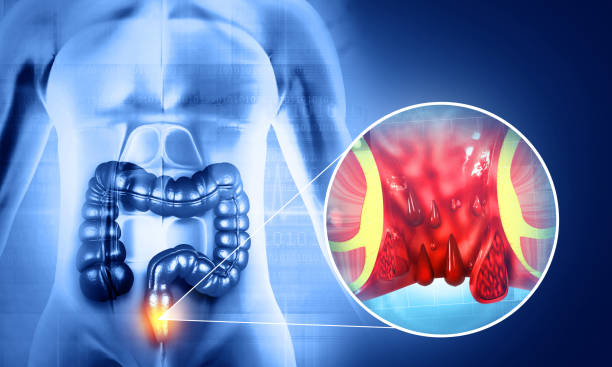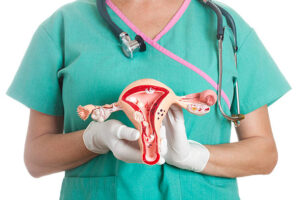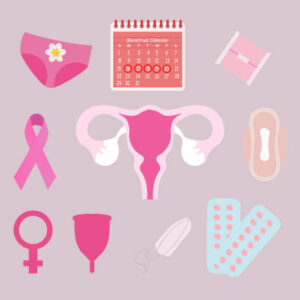Book Appointment Now
Everything you need to know about HEMORRHOIDS

Hemorrhoids, also known as piles, are swollen veins in the lower rectum or anus. They can develop internally inside the rectum or externally around the anal opening. Hemorrhoids are quite common and can occur due to various factors such as increased pressure in the lower rectum, straining during bowel movements, chronic constipation or diarrhea, obesity, pregnancy, or sitting for prolonged periods of time.
Basically the anus has blood vessel(veins) and when something causes this veins to swell, the swollen veins will hang out of the inside part of your anus as small bags of blood covered with skin or mucus membranes of the anus. Because pile is actually swollen blood vessels (veins) we now understand why it can bleed easily once it is stressed. Symptoms of pile include feeling of mass in the anus, pain in the anus, itchy anus, and blood after stooling.
Types of Hemorrhoids
There are two main types of hemorrhoids:
- Internal Hemorrhoids: These develop inside the rectum and are usually not visible or felt unless they prolapse (protrude) through the anus during bowel movements. Internal hemorrhoids can cause bleeding, discomfort, and may sometimes lead to the formation of blood clots (thrombosis).
- External Hemorrhoids: These form under the skin around the anus and can be felt as lumps or bulges. They may cause pain, itching, swelling, and sometimes bleeding, especially during bowel movements.
Symptoms of hemorrhoids may include:
- Rectal bleeding, typically seen as bright red blood on toilet paper or in the toilet bowl.
- Itching or irritation in the anal region.
- Pain or discomfort, especially during bowel movements.
- Swelling or lumps around the anus.
- Leakage of feces.
What can make someone develop this disease called pile
1) Family history: if people in your family have it then you may have it
2) Hard stool
3) Chronic diarrhea
4) Obesity
5) Pregnancy state
6) Surgery in the anus, episiotomy, presence of rectal cancers/tumors
7) smoking
What treatment is available for you?
Once you notice you have pile, it’s always good to visit your doctor for confirmation of diagnosis because it might not be what you think.
Once you have pile there are drugs that your doctor will prescribe
Then you have to drink a lot of fluid and eat fiber rich food, vegetable to keep your stool soft
Keep proper anal hygiene
Once you can manage your pile with some drugs and lifestyle changes you could live with the condition for the rest of your life or In some cases the pile may disappear completely.
In other cases drugs and life style changes don’t help and a type of surgery will be done to remove it.



